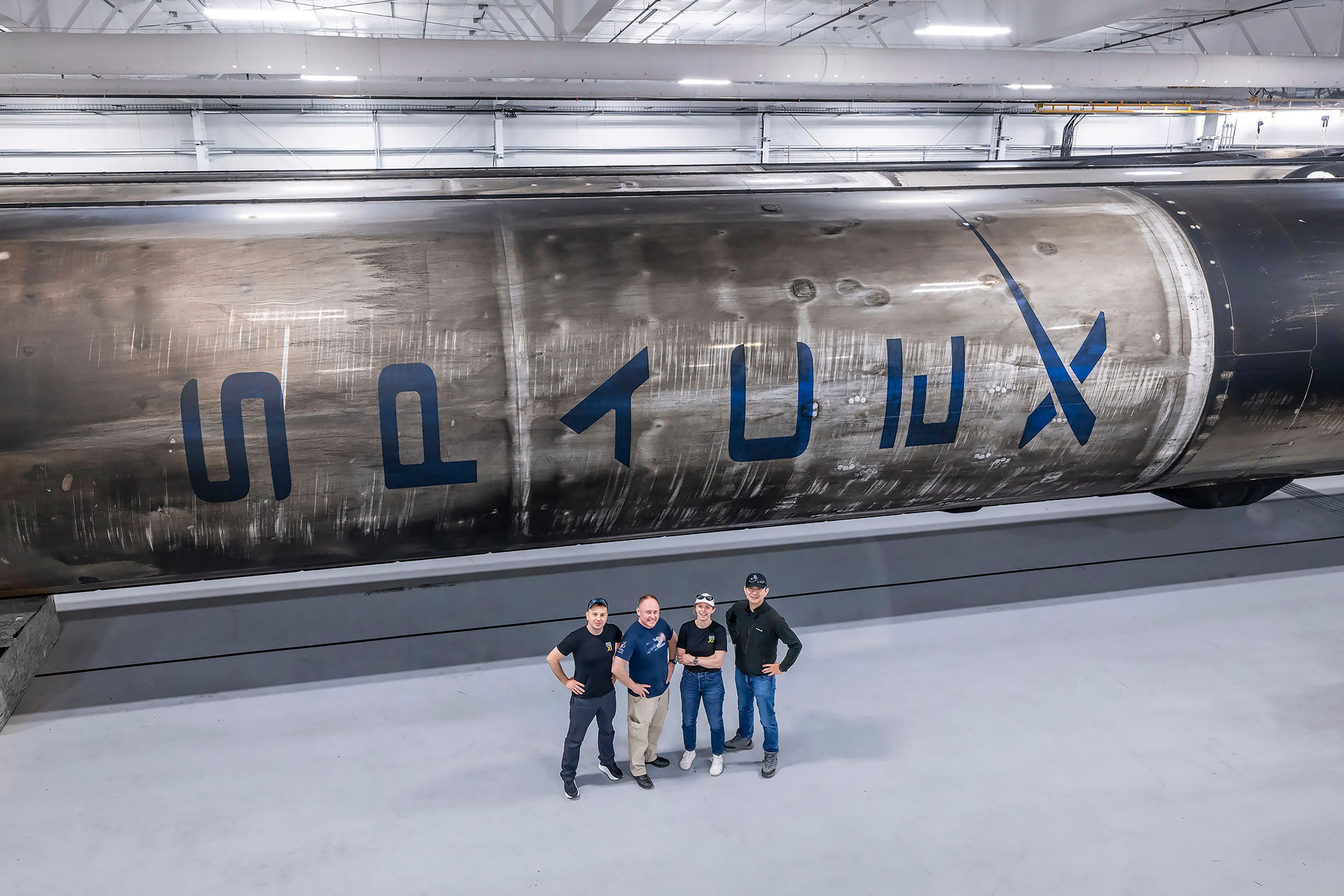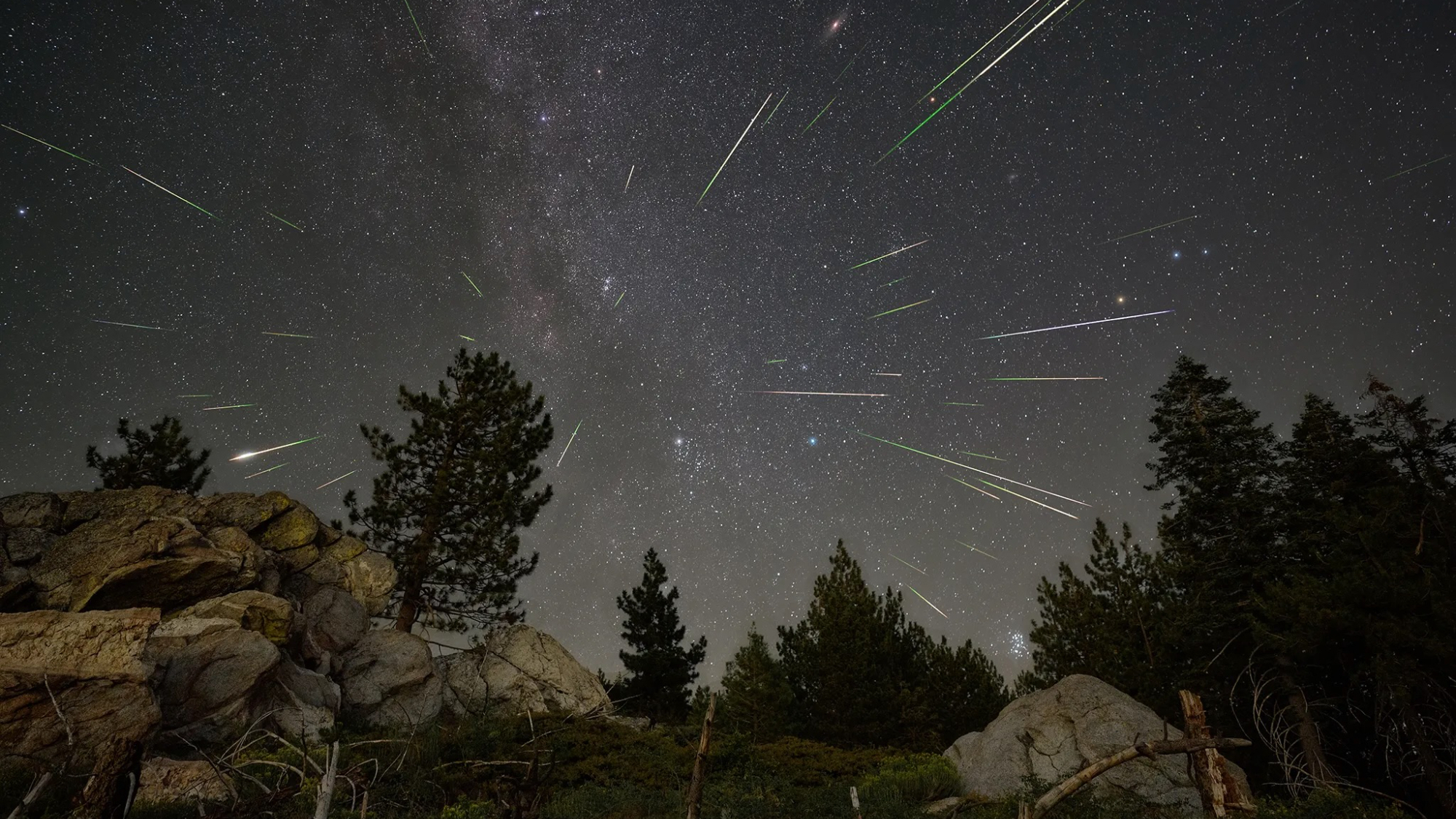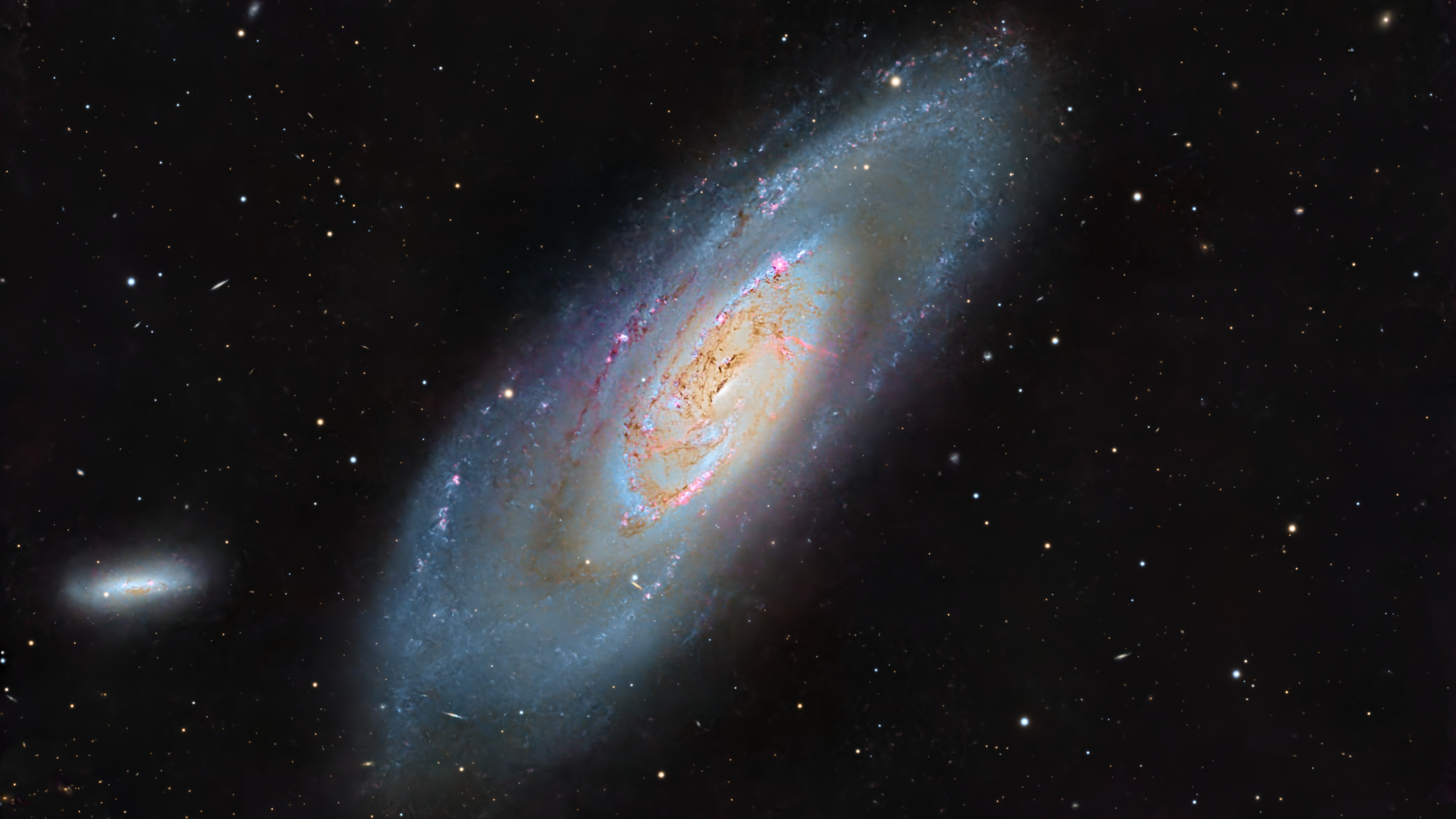NASA Chief Says Return to Flight Challenges Aren't Technical
NASA's greatest challenge as it pushes toward renewed space shuttle flights is not technical, but mental, the agency's chief said today.
Speaking at a press briefing at its Washington, D.C.-based headquarters, NASA's Chief Administrator Sean O'Keefe said the space agency's prime challenge is working through return-to-flight issues and making judgements that push the process forward.
"There are no technical obstacles that are insurmountable," O'Keefe told reporters. "The biggest challenge is to make determinations and judgements...and getting our heads wrapped around the [return to flight] objective."
The agency has made some headway as it plans for its first shuttle launch since the loss of Columbia and its seven-astronaut crew during reentry on Feb. 1, 2003. That flight is set for the Discovery shuttle and expected between March and April of 2005.
Chief among the progress is the effort to curb foam shedding from shuttle external tanks. A chunk of foam punctured Columbia's left wing during launch. During reentry, hot gases seeped inside that hole and triggered the accident.
NASA engineers have developed new fittings and heaters for the tanks - Discovery's included - designed to prevent foam from detaching and striking the shuttle again.
"The regime here has been much more rigorous than anything we've seen before," O'Keefe said of the process, adding that there are still foam tests underway. "We haven't made it to parade rest yet, but we're getting pretty close."
Get the Space.com Newsletter
Breaking space news, the latest updates on rocket launches, skywatching events and more!
Hubble and the ISS
While O'Keefe has given NASA the go-ahead to develop robotic servicing missions that would prolong the Hubble Space Telescope's life in space, it's unlikely such a mission will receiving funding in the upcoming year.
"It's doubtful to make it into the 2005 budget plan," O'Keefe told reporters. "But we're moving forward and we're looking at alternatives."
Meanwhile, the agency chief stressed NASA's commitment to its international partners in the International Space Station (ISS), and commended Russia's Federal Space Agency for the substantial role it has played in crewing and supplying the orbital facility.
"The Russians, to be sure, have handled a tremendous amount of support for the station," he said, adding that NASA is currently in talks to renew an agreement between the U.S. and Russian agencies. The current agreement for ISS support between the two space agencies ends in 2006.
O'Keefe also commended the recent success of private space flights such as that made by the SpaceShipOne spacecraft, developed by aviation pioneer Burt Rutan, on June 21. Such flights, he said, are the foundation for future private, commercialized vehicles that may one day be called upon to serve the space station.
"It's realistically feasible for [future] station replenishing," O'Keefe said." This was a huge breakthrough."
Join our Space Forums to keep talking space on the latest missions, night sky and more! And if you have a news tip, correction or comment, let us know at: community@space.com.

Tariq is the Editor-in-Chief of Space.com and joined the team in 2001, first as an intern and staff writer, and later as an editor. He covers human spaceflight, exploration and space science, as well as skywatching and entertainment. He became Space.com's Managing Editor in 2009 and Editor-in-Chief in 2019. Before joining Space.com, Tariq was a staff reporter for The Los Angeles Times covering education and city beats in La Habra, Fullerton and Huntington Beach. In October 2022, Tariq received the Harry Kolcum Award for excellence in space reporting from the National Space Club Florida Committee. He is also an Eagle Scout (yes, he has the Space Exploration merit badge) and went to Space Camp four times as a kid and a fifth time as an adult. He has journalism degrees from the University of Southern California and New York University. You can find Tariq at Space.com and as the co-host to the This Week In Space podcast with space historian Rod Pyle on the TWiT network. To see his latest project, you can follow Tariq on Twitter @tariqjmalik.









